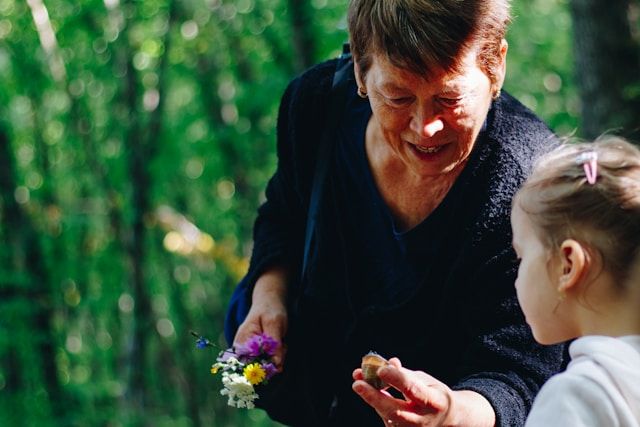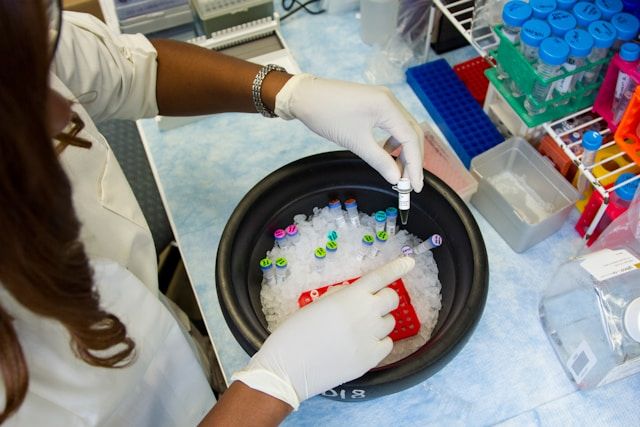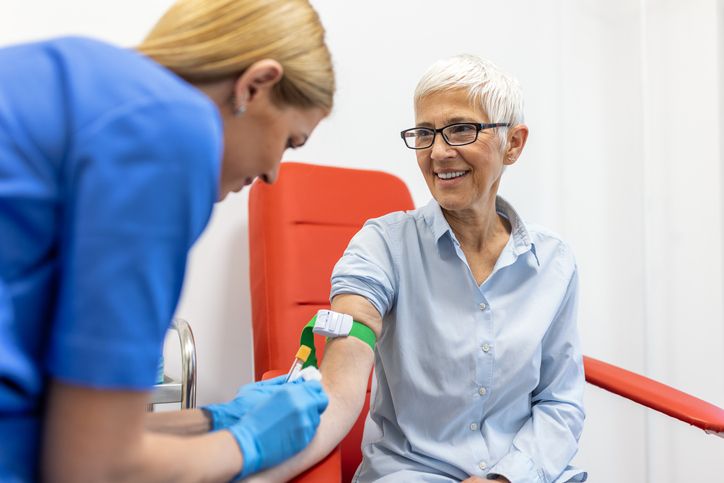Written by Being Patient
Just because your loved one has dementia doesn’t mean you have to stop taking trips or vacations together. While it may make travel more daunting, research supports the benefits of outdoor activity for people living with dementia — and experts are offering guidelines to make planning an outdoor vacation manageable, safe, and fun for families navigating Alzheimer’s and other forms of dementia.
Catherine Reed is a travel expert and “head of adventure” at British charity Dementia Adventure who coordinates outdoor getaways for people with dementia shares her top tips.
Being aware of people’s interests and physical abilities is an important part of the planning process, and it’s important to remember that planning a trip can be stressful and time consuming. At the end of the day, vacation is meant to be joyful and relaxing for everyone, including caretakers. Follow these recommendations to help make your vacation stress-free and fun.
1. Be up front about dementia
Letting people know that someone in your party is living with dementia can help make sure you get the support you need, Reed said. Hotels may provide extra sheets or other services. Staff in cafes and restaurants are often very accommodating.
2. Check out smaller hotels
In large chains, all corridors often look the same, which can be disorienting for people living with dementia, Reed noted. Smaller hotels often have more distinct features that can be less confusing for people living with dementia. Reed also suggested putting notes around the room to label important places, like marking the bathroom.
3. Plan ahead, but don’t overbook
Figure out in advance what activities to include in the itinerary, and book ahead of time. But be sure to avoid overfilling the schedule; Reed suggests booking activities to start around 11 a.m., not 8 a.m.
4. Avoid busy times
Reed advises avoiding high season and weekends. Traveling on quieter weekdays or shoulder season usually means no crowds, fewer queues for the bathrooms, and less of a chance of over-stimulation. For popular activities or attractions, Reed suggests calling ahead to ask if there will be any large groups, like school field trips, at the same time because they can make an activity more overwhelming.
5. Invite a friend
If you’re taking a trip as a duo with someone living with dementia, Reed suggests bringing along another companion. Having an extra set of hands to help can make the trip more relaxing. In a duo, you are better able to multitask and ensure everyone’s safety.
6. Don’t put too much pressure on yourself
If the weather turns sour, or your traveling companions are tired, don’t be hard on yourself, Reed said. Have a rest, call a taxi, and ask for help when you need it. Take breaks when you feel overwhelmed and don’t be afraid to shorten the day excursions if you need a rest.






















